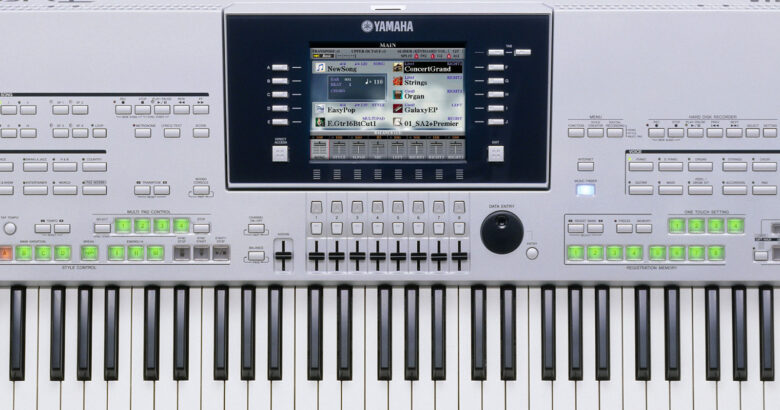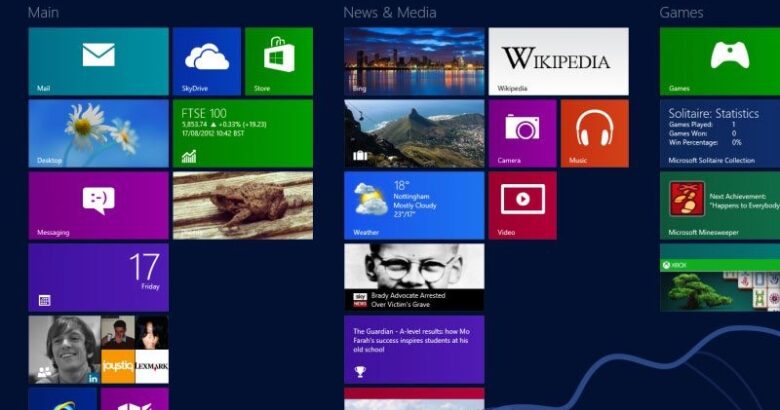![]() With the storming success of the iPod and iTunes, the temptation to invest in such technology and software has become greater for people all over the world. Becoming a symbol for this generation, Apple have released a device that captured the imagination and more importantly had that cool factor attached.
With the storming success of the iPod and iTunes, the temptation to invest in such technology and software has become greater for people all over the world. Becoming a symbol for this generation, Apple have released a device that captured the imagination and more importantly had that cool factor attached.
Having a dominating hardware platform does allow for better compatibility for the greater majority, however there are a few things that really annoy me and is the reason why to this day I will still buy music Audio CDs and rip them myself.
Digital Rights Management (DRM)
If I purchase an individual track or album, I want the satisfaction that I can transfer and play on any device I see fit. Although token gestures are made with protected music, these are never perfect solutions and you always feel that at the end of the day the music isn’t yours. Buy a CD and it will play in any CD player. Rip a CD to the format of your choice and you still have the original CD if you change your mind.
Reinstall Windows and you have to make sure your library still has rights to read your purchased music. Transfer to another device and again checks are made to see whether you are allowed to do this and it always feels like big brother is watching your every move. Therefore DRM is very limiting and there is always that worry at the back of your mind that you will lose hundreds of pounds worth of music downloads all with the wrong click of a mouse button.
Downloading music off the Internet with Digital Rights Management should be considered nothing more than a rental of lower quality audio (compared to CD). There are still sites that use lower bitrates (128kb/sec) and although fine for portable players, anything through loudspeakers will endure a noticeable loss of quality. This brings me to my second annoyance with digital music online…
Different Compression
With so many online stores and so many hardware platforms, it is no wonder that we have such a divided structure of distribution online and lack of total compatibility.
Microsoft’s codex (*.WMA) could have been the saviour due to having the force of such a large company behind it, but Apple had something to compete with it… Apples chosen format became the consumers adopted choice due to the success of the iPod. With DRM capabilities, it wasn’t long before a revolution in digital music appeared. MP3 may have no DRM technologies and greater overall compatibility, but the codec is old and suffers compared to newer compression options. Companies also avoid MP3 because of the fact there is no DRM available for that format!
So not only do we have to choose a hardware platform, a compression method that is compatible, but then we have a further restriction… Welcome the bitrate saga.
Whether it is 128kb/sec, 160kb/sec or 192kb/sec, all have their own bitrate with very little flexibility if any. One site called All of MP3 (although deemed illegal by many companies) gives the option of allowing the consumer to choose exactly what format, what bitrate and even doesn’t require DRM. Although sitting on the edge of the law with countless attempts to close it down, it does indicate the desire by many to have a choice.
The Result?
We are stuck! We have to make a tough decision and trust in the company we supposedly buy all our content from. Fashion so far has dictated where the money travels for many, but there is going to come a time when the restrictions and lack of access to 100% of the content available from competitors is going to sneak up on the industry to spoil the party.
Even Apple’s Steve Jobs has been quoted as saying:
In 2006, under 2 billion DRM-protected songs were sold worldwide by online stores, while over 20 billion songs were sold completely DRM-free and unprotected on CDs by the music companies themselves. The music companies sell the vast majority of their music DRM-free, and show no signs of changing this behavior, since the overwhelming majority of their revenues depend on selling CDs which must play in CD players that support no DRM system.
So if the music companies are selling over 90 percent of their music DRM-free, what benefits do they get from selling the remaining small percentage of their music encumbered with a DRM system? There appear to be none.
Why? Because the music industry like everything in the next ten years will be moving completely to online distribution and there is no way music companies, film companies or anyone else for that matter will let their content be distributed to a world wide audience without any sort of protection. You only have to look at HD DVD, Blu-ray and even DVD to see how with newer technologies even on disk formats have efforts to protect the content. This just seems like a bit of a PR stunt to make Apple look wonderful and blame those so called ‘evil’ corporation types for halting freedom of distribution as most consumers desire DRM free music.
Best Possible Outcome?
We need one industry standard in hardware and software that people can subscribe to through compatible devices (including third party) that will allow access to anything in their library for a set monthly fee. Ownership of digital media just isn’t possible and Digital Rights Management will never go away, so the only option to consider is rental. The days are numbered when we could actually say, yes I own that album. The only way digital distribution, copyright protection and On Demand can survive is through rental. This will allow far better flexibility and a far greater choice of content.
So the major problem for all of these competing parties are to set aside their differences and start working together for the greater good of the consumer. We can no longer have multiple websites all with different content, different bitrates, different compression formats and different hardware requirements. Online delivery in the long run is dead as far as I am concerned if these issues can’t be resolved!






I agree with your points.
The way I see it if online music is to continue to thrive there will need to be an all encompasing format, that will become standard in the way solid state media (CD’s, DVD’s) is today.
This way different companies could design their players to support a set format as standard.
However, with so many companies wanting a slice of the pie, each with differing formats, DRM and bitrate I can’t see this happening any time soon.
Thanks for the http://www.allofmp3.com/ site tip off, very low cost music downloads indeed :-)
my hard drive on my pc failed losing over 160gigs of information including over 4 thousand music tracks on my ipod
:((
I agree with you but you forgot one thing: free music widgets and songspsots. Online-Music is going in that direction because nobody will be willing to pay for music, it will be all about advertising.
check out sonific.com that is exactly what i am talking about.
They provide free music for blogs, photo-sites and social networks; currently they represent most independent labels and over 150.000 tracks that are available worldwide, for free.